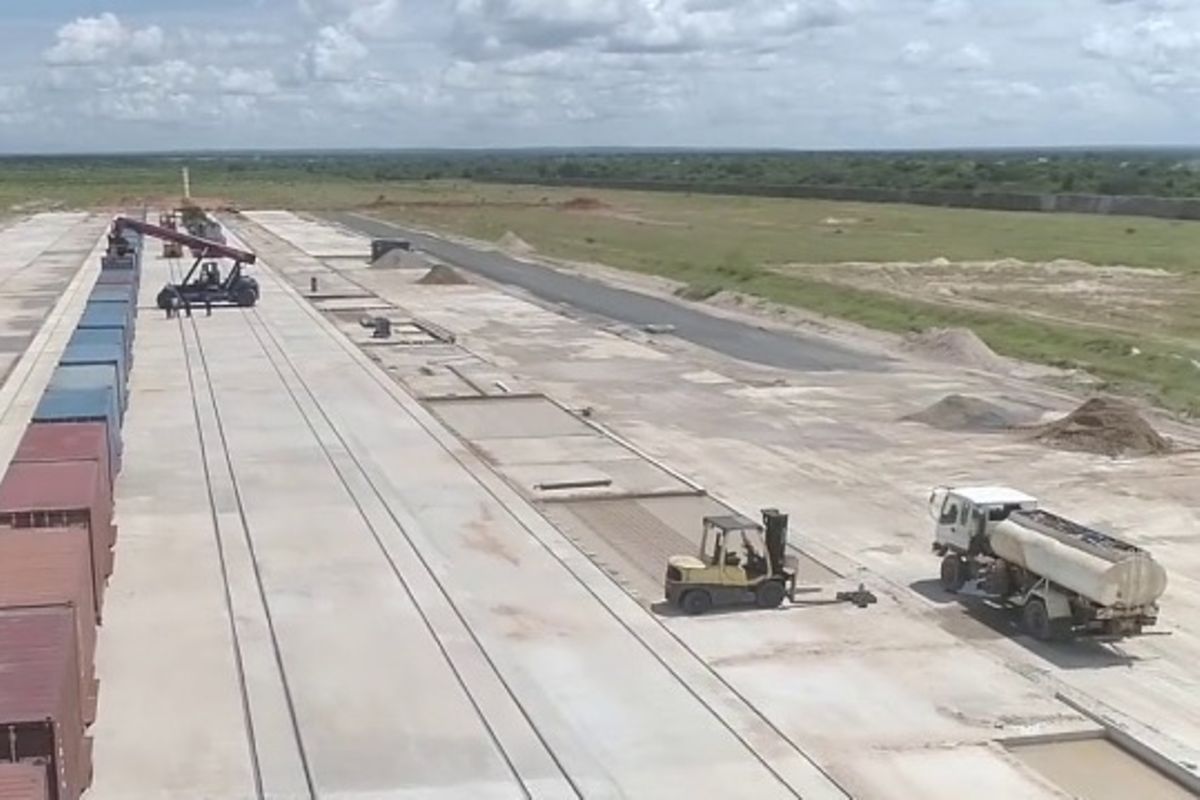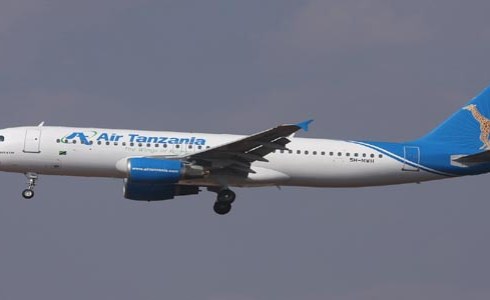
Dar es Salaam, Tanzania.
Kwala Dry Port in the Coast Region is eventually set to begin operations this month, a key development that would decongest the Dar es Salaam seaport.
All that is left before the official launch of services at the facility is the acquisition of a bonded warehouse license from the taxman.
The license will make the dry port a customs-controlled area capable of retention of imported goods until the duty owed is paid.
Initially, the operations of the port had been scheduled to kick off in January 2023, but delays in acquiring the bonded warehouse license from the Tanzania Revenue Authority (TRA) forced postponement.
The Permanent Secretary in the ministry of Works and Transport (Transport docket) Gabriel Migire told The Citizen on Tuesday last week that the government had already secured the dry port operating license from the Tanzania Shipping Agencies Corporation (TASAC).
“We have finished all the necessary preparations. We are in the final stages of getting the bonded warehouse license,” Mr Migire said, adding: “We are working closely with TRA to speed up the process so that we can start operations before the end of February.”
TRA director for Taxpayer Services and Education Richard Kayombo said the taxman was still in engagement with those concerned (port authorities) on the matter.
“There are some conditions that they need to fulfil before we provide them with the bonded warehouse license,” Mr Kayombo told The Citizen by phone.
However, he did not disclose the conditions for issuing the bonded warehouse license on the grounds that they are not for public use.
Mr Migire said all port stakeholders, including clearing and forwarding agents, and commercial banks, have already been given areas at Kwala Dry Port to set up their offices, ready for kicking off of operations.
The Kwala Dry Port project consists of construction of the dry port at the cost of Sh36 billion and 15.5-kilometre tarmac road connecting Morogoro Highway at Vigwaza area with the Dry Port.
The operations of Kwala Port will help improve the performance of the Dar es Salaam seaport because it will be able to store transit cargo to neighbouring countries of Burundi, Rwanda, DR Congo, Uganda, Zambia and Malawi.
Going by the Tanzania Ports Authority (TPA) data, DR Congo is the largest customer of the Dar Port, attracting almost three million tonnes of transit cargo, followed by Zambia at two million tonnes and Rwanda at about 1.5 million tonnes.
“Kwala Dry Port is set to decongest the Dar es Salaam Port and improve its performance because offloaded cargo will be transported directly to the dry port,” recounted Mr Migire.
Going by the TPA figures, the Dar port handled 17 million metric tonnes (MT) of cargo in 2021, up from 14 million tonnes recorded in 2017, thanks to expanded capacity, marketing drive, recovery from Covid-19 and an enabling business environment.
The dry port will also decongest the Dar es Salaam City because Cargo offloaded from ships will be transported by rail directly to the dry port Kwala. Trucking of containerized cargo will only start in the Coast Region. Kwala Dry Port will have all the important infrastructure and public amenities.
Share this news
This Year’s Most Read News Stories

Insecurity prompts Zanzibar to review its lucrative island leasing
The Tanzanian central government is planning to boost its security presence in the Zanzibar archipelago. A commission tasked with auditing the country’s security forces was appointed in July by President Samia Suluhu Hassan. It says it is concerned about the situation in the country’s Indian Ocean islands that are under the control of the semi-autonomous Zanzibar local government.Continue Reading
John Okello: From Zanzibar revolution icon to street beggar
In the final episode, we look at Okello’s ban in Tanganyika, rejection in Kenya tragic end in Uganda.Continue Reading

European Union Bans Air Tanzania Over Safety Concerns

Kampala — The European Commission added Air Tanzania to the EU Air Safety List, banning the airline from operating within European Union airspace. This decision follows the denial of Air Tanzania’s Third Country Operator (TCO) authorization by the European Union Aviation Safety Agency (EASA), citing significant safety deficiencies.
The EU Air Safety List includes airlines that fail to meet international safety standards. Commissioner Tzitzikostas emphasized the importance of passenger safety, stating: “The decision to include Air Tanzania in the EU Air Safety List underscores our unwavering commitment to ensuring the highest safety standards. We strongly urge Air Tanzania to take swift action to address these safety issues. The Commission has offered its assistance to Tanzanian authorities to enhance safety performance and achieve compliance with international aviation standards.”
Air Tanzania joins several African airlines banned from EU airspace, including carriers from Angola, the Democratic Republic of Congo, Sudan, and Kenya. Notable names include Congo Airways, Sudan Airways, and Kenyan carriers Silverstone Air Services and Skyward Express. The ban reflects the EU’s strict approach to aviation safety worldwide.
Source: allafrica.com










